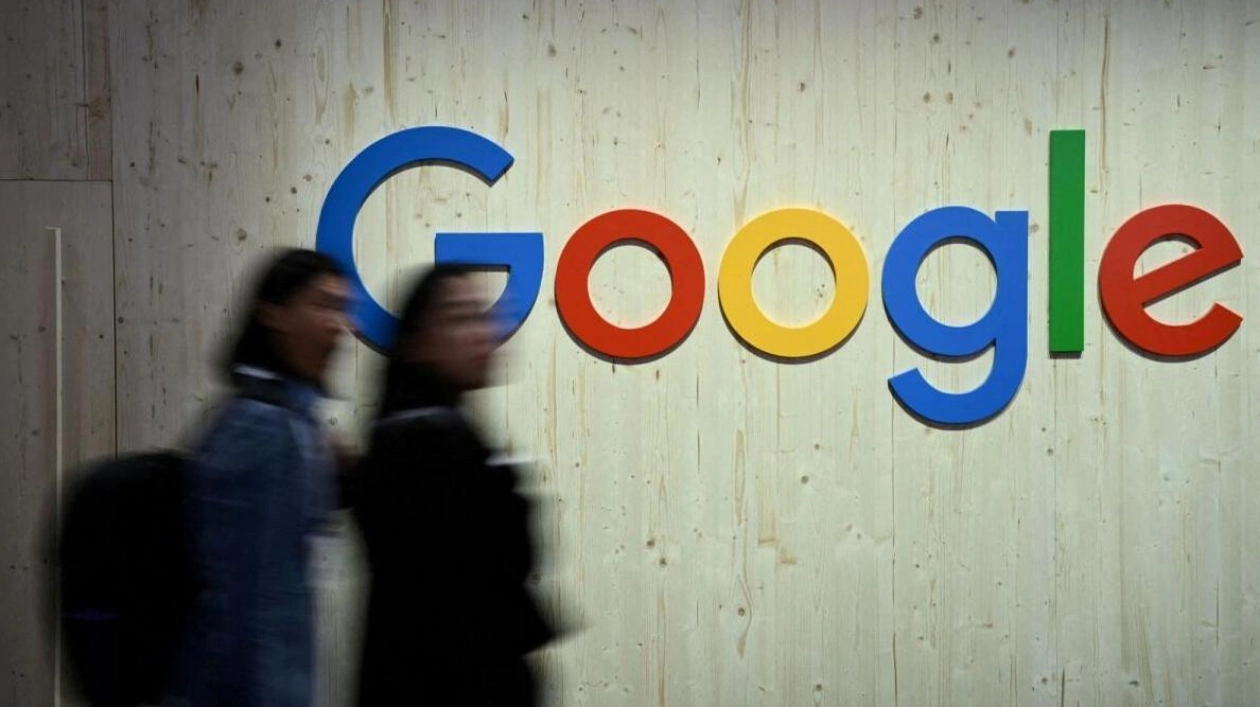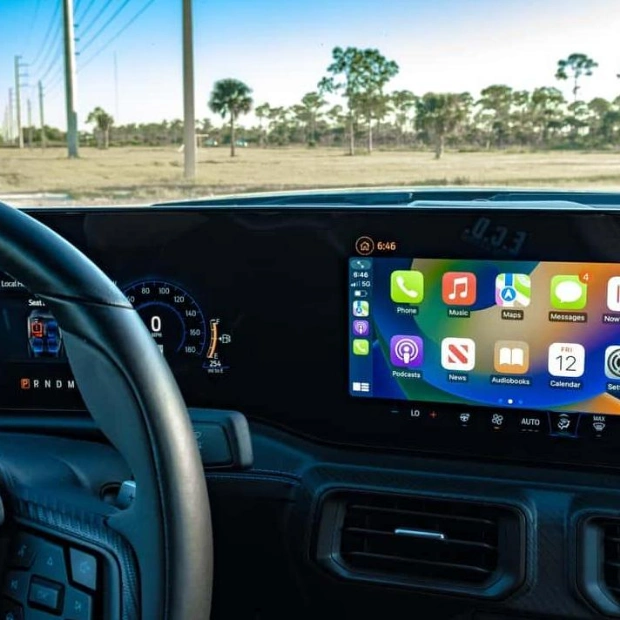On Wednesday, Alphabet's subsidiary Google emerged victorious in a legal battle against a 1.49 billion euro ($1.7 billion) antitrust fine imposed by the European Union, while Qualcomm failed to overturn its penalty. These rulings highlight the mixed outcomes of outgoing EU antitrust chief Margrethe Vestager's efforts to enforce her crackdown on Big Tech in court. Vestager secured two significant victories last week: one against Google in a separate case and another against Apple's tax agreement with Irish authorities.
The European Commission's 2019 decision accused Google of abusing its dominance to prevent websites from using brokers other than its AdSense platform for search adverts. The alleged illegal practices occurred between 2006 and 2016. The Luxembourg-based General Court largely concurred with the EU competition enforcer's assessments but annulled the fine, stating that the Commission had not fully considered all relevant circumstances.
"The Commission has also failed to prove that the clauses in question potentially stifled innovation, aided Google in maintaining and strengthening its dominant position in national markets for online search advertising, and possibly harmed consumers," the judges noted. Google emphasized that the case involved a narrow subset of text-only search ads on a limited number of publisher websites. "We amended our contracts in 2016 to remove the relevant provisions, even before the Commission's decision. We are gratified that the court has acknowledged errors in the original decision and annulled the fine," the company stated in an email.
The Commission, which has the option to appeal to the EU Court of Justice (CJEU) on legal points, announced it would review the judgment and consider its next steps. The AdSense fine, part of a trio of fines totaling 8.25 billion euros against Google, was initiated by a complaint from Microsoft in 2010. Last week, Google lost its final appeal against a 2.42 billion euro fine for using its price comparison shopping service to unfairly outcompete smaller European rivals.
In Qualcomm's case, the U.S. chipmaker managed to reduce its EU antitrust fine to 238.7 million euros from 242 million euros. The judges dismissed all its arguments. The Commission imposed the fine in 2019, alleging that Qualcomm sold its chipsets below cost between 2009 and 2011 to undermine British phone software maker Icera, now part of Nvidia Corp. The Commission stated it had taken note of the ruling. Qualcomm, which can appeal to the CJEU on legal points, did not immediately respond to a request for comment. The cases are T-334/19 Google and Alphabet v Commission (Google AdSense for Search) and T-671/19 Qualcomm v Commission (Qualcomm - predatory pricing).






